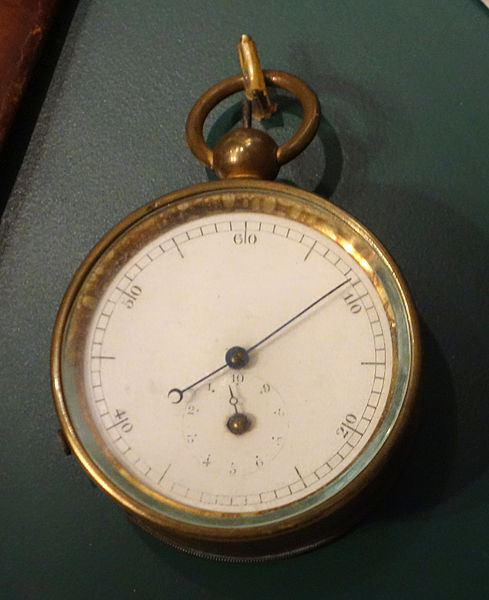
When to stop researching
A student may ask us:
How do I know when to stop researching for my project?
We might reply:
That depends on what the project is.
If students are working on a thesis project, clearly they will need more data than for a term paper. But it can be confusing when they have assembled too much information.
The student might continue by saying,
I put together lots of research for my term paper, but now I am getting lost in it all.
We might say:
That might be a sign that for now, it is better to organize the data you have, rather than getting more. If it turns out you need more, you know where to find it.
If students find that they are reading the same data in several different sources, then it may be appropriate to analyze the data at hand, rather than look for new material.
We might ask the student:
How many types of sources have you looked at?
If the student tells us:
I looked at books, journal articles, government publications, and newspaper articles. Is that enough?
We can say:
That sounds like you have looked in a wide variety of sources, so it may be a good idea to pause right now and try to organize the materials that you have.
If the student inquires:
Should I add a new theme or subject matter to my thesis?
We might answer:
This is the sort of question that your faculty supervisor will know best. Keep in mind that for every extra theme or subject that is added to research, the thesis becomes more complex.
If students admit to gathering data on subjects that are not exactly the subject of their thesis, then this may be another sign that it is time to pause in the data collection.
Another major issue is when the students must hand in their word. Finding out the academic deadline can help us understand how much time is left for the rest of the project. That way, we can know whether it is getting urgent that the thesis progresses beyond the data gathering phase.
Another question we might ask the student is as follows:
Is the data you have already sufficient for discussing the main subject matter of the thesis, so that you do not need more to analyze?
If the student answers yes to the question, thenb indeed it may be time to stop researching for the time being and start working on other aspects of the thesis.
The alternative is to keep researching but wind up with far too much material and no time to organize it or make sense out of it.
We might also ask students if they have searched all relevant databases and recognize that the same articles appear in search results. If so, then the literature review has probably been thorough.
One clue is whether the students have used different keywords and subject headings in the searches. If so, then it is likely that all or most of the relevant information has been discovered.
(All images courtesy of Wikimedia Commons)

